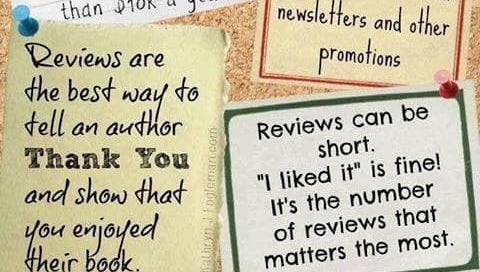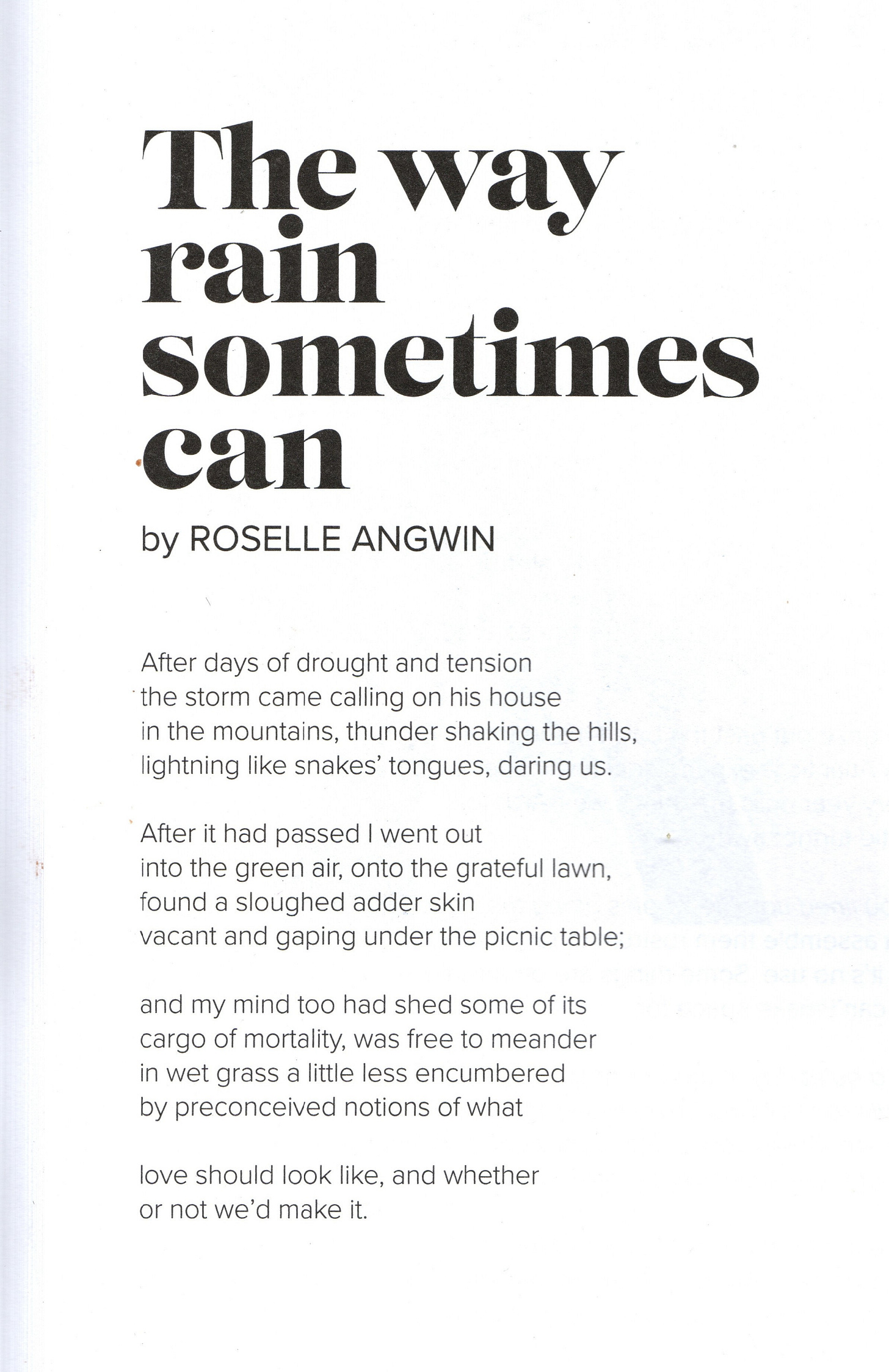
It has to be said that poetry is my #1 love (in the writing world). I’ve been writing it forever, and although I no longer send it out into the world very often, I am reasonably well-published in it.
Unlike novels and other creative prose, though, the poetry muse doesn’t come to order. Generally, I muster the discipline to sit and write, if there is something to be written, and the act of placing bum-on-seat generates the words. But not with poetry.
Poetry really is different: the inspiration has to be present. Mostly, this means getting out of my own light, and doing something in the garden, or going for a walk.
I haven’t written much poetry since we’ve been here in Brittany. However, I have quite a back catalogue of written but not published poetry, and when I saw that MsLexia magazine had a poetry competition running, to be judged by the wonderful Jane Hirshfield, a Buddhist poet who in my canon is up there at the top of contemporary women writers, I submitted some work.
You put it out there and you forget. So I was delighted to be notified that I was one of the finalists. This is the poem, below; it’s part of a sequence written a long time ago, many of which were published in my book All the Missing Names of Love (IDP 2012).
One of my favourite activities is poetry groupwork. This began for me with my daughter’s school where in 1991, on learning that there was no longer creative writing on the curriculum, I went in and offered to facilitate a lunch time group. I was then poached by the local Adult Education tutor and, among various other subjects including my ‘personal mythology’ courses, and a novel-writing course rooted in myth and archetype (later given a whole-page write-up in the Guardian on World Book Day 1998), I established a poetry group that is still going today.
We always go deep – not much point in poetry if it doesn’t risk this – and I am always amazed at the surprise and beauty of individual’s poems. People who’ve attended my courses and retreats have long known that this is (also) soulwork, not ‘just’ poetry. There is something very particular happens with this kind of work, especially when this happens in a group who’ve worked together for long enough as to cut out the bullshit; it’s as if someone lights a flare and then suddenly the darkness is full of flares. We have remade a connection to a vital aspect of our inner and imaginative life.
I know when I’ve read a good poem because my first response is immediate and haptic: the hairs on the back of my neck stand up. Almost instantaneously is a feeling response, followed only then by an intellectual appreciation. A truly good poem will leave me feeling enlarged, somehow, by the reading of it: something ineluctable has been added to my life. There will almost always be an element of surprise: ‘Oh yes! That’s exactly how it is, but I hadn’t articulated it to myself.’ I am changed by that poem.
In the music, in the imagery, of a good poem, is carried something that is almost like a far-off memory brought to us on the wind. Does this make sense to you?
In Resurgence 207, Andrea Hollander Budy says: ‘Poems speak the heart’s language, an aesthetic language that is both spiritual and musical. It is a language that forms questions much better than it poses answers. It cradles the tongue and the heart but exists in the ear… poems provide one of life’s few defences against grief and intolerable, unfathomable disaster. Yet poetry is equally the language of celebration, of unexpected joy, and of human love…’
And then there is that sticky ‘factor x’. I want the poem to go further and deeper than its apparent subject matter. As someone who focuses on writing about place and the other-than-human world myself, I recognise that a poem needs to be more than just a poem about place, or landscape, or even an animal. I don’t really mean that these things have to symbolise the human or the human experience, but that human concerns add grist to the mill; can add an extra dimension of being, or at least of perception.
I think one of the things I love about Jane Hirshfield’s own poetry is how she manages that: she situates the human, the vulnerable, seeking, striving, loving, doubting human, in this more-than-human world of ours that she observes so carefully, and in doing so creates a synergy. Here’s one of my favourite poems of hers.
In 2005 I simultaneously had my first poetry collection, Looking for Icarus, published, and received an Arts Council England grant to publish many of my essays on writing (prose and poetry, both in some depth) in a 360-page book. Writing the Bright Moment – inspiration & guidance for writers included contributions from 15 other well-known writers and tutors, and people have said lovely things about it. However, like most of my books, it’s had a few excellent reviews but remains obscure. It being World Book Day, I thought I should mention it. You know. You can read more about my various books here.
On my UK website, I’ve just posted details of 3 new online events for poets or aspiring poets. If this is of interest to you, do head over there, and if you’d like to be sent details of these and future events, contact me through the form on the website.







This is a fine post, Roselle, and a wonderful poem.
Writing the Bright Moment is one of the best books I ever bought. Now early into young retirement, it inspires me daily to read and write. All the best, alan.